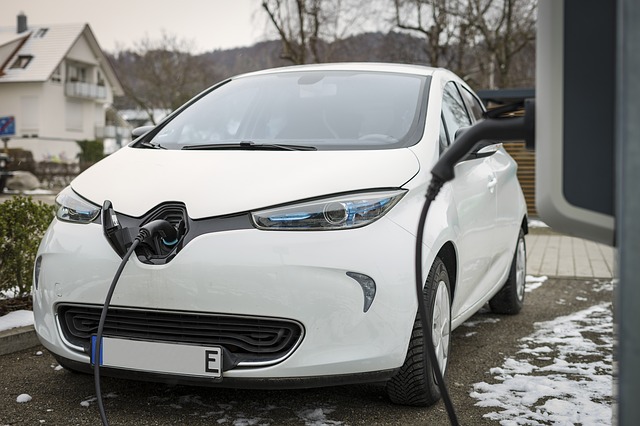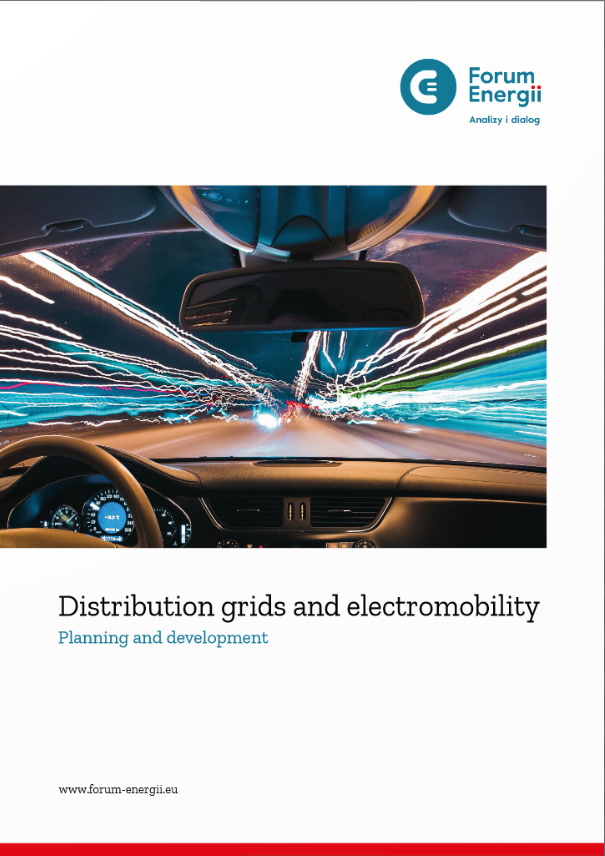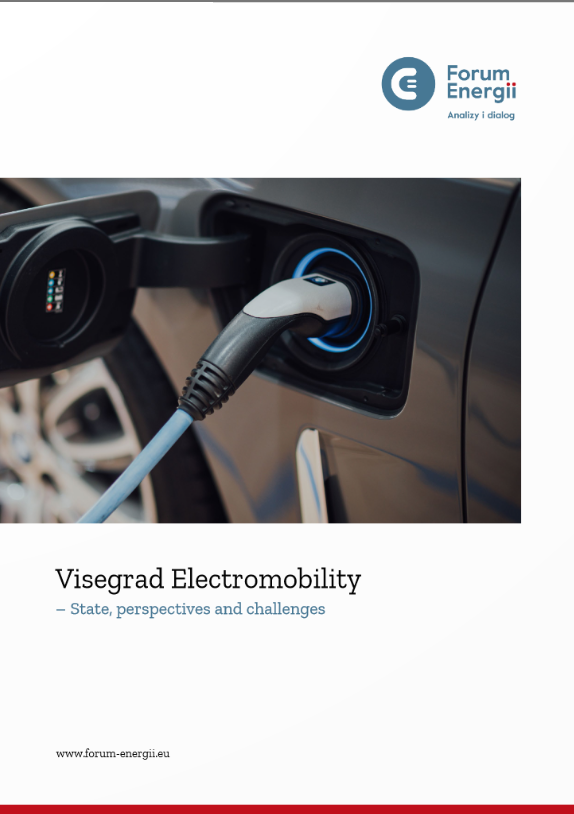Int-E-Grid: Powering Electromobility in Poland and Germany
The project is completed. The aim was to promote a transformation process in the transport sector and the transition to electromobility in Poland and Germany by developing recommendations for central and local authorities as well as participating companies.

Project info
Germany, Poland
10/19 - 12/21
-
369,999.00 €
Contact info
Joanna Mackowiak Pandera, Dr.
- Agora Energiewende, Smart Energy for Europe Platform (SEFEP) gGmbH
- E-mobility Promotion Foundation
Project
The Int-E-Grid project was a response to the Katowice Partnership for Electric Mobility, which was adopted at COP24. The project created a platform for experts to collaborate, strengthened stakeholder motivation, and thus helped overcome existing challenges. Target groups include governments, municipalities, innovative companies, and environmental NGOs.
During the project implementation period, the platform promoted mutual learning so that experts could align their approaches and concepts, thereby reducing the cost of climate protection in the energy and transport sectors. Policy recommendations were then formulated. All measures were realized through high-level bilateral discussions and conferences, consultation with experts and partners, and a comprehensive analysis of current methods, technologies and trends. These measures strengthened the dialogue between the stakeholders and contributed to the support of the involved actors in overcoming the hurdles that currently still stand in the way of electromobility.

Background
In Poland and Germany, road transport is a major cause of GHG emissions and air pollution. To reduce these and to achieve climate neutrality, changes are required in the energy production sector, but also in transport. Electric Vehicle (EV) development is an opportunity to achieve improvements in the transport sector.
The establishment of electric mobility faces several challenges. Among them are a lack of capacities on legal regulations facilitating the development of E-mobility, the lack of technical experience and knowledge on business models, a lack of adequate network infrastructure, insufficient cooperation between actors, insufficient numbers of vehicle charging stations, and no common national standard for charging stations.
Through promoting electromobility among stakeholders, the project supports long-term changes in the energy mix, deployment of renewables in the targeted countries, and leads to reduction of CO2 emission.
State of Results
The project analysed (1) challenges associated with the development of electromobility in Poland and Germany, (2) the impact of the electromobility market on the security of the national electricity grid, and (3) best practices to support electromobility at the city level.
Project outcomes include, in particular:
- The establishment of a network for German-Polish cooperation in the field of e-mobility through organized meetings involving the e-mobility market and various stakeholders; succeeding in bringing together the central level with local self-governments and business and industry organizations.
- Furthermore, Polish stakeholders and experts were addressed and a thorough analysis of the e-mobility market was conducted, trends and challenges in its development were defined and consequently recommendations were made on (1) e-mobility in V4 countries, (2) development of distribution networks, (3) local policy (development of e-mobility in cities) and (4) Polish development of e-mobility in cities) and (5) German-Polish cooperation (e-mobility as an area with potential for economic cooperation between both countries).
- Establishment of a knowledge platform on electromobility through intensive communication, PR as well as awareness raising activities.
- The project has shown that the project countries are struggling with knowledge gaps on the topic. There are still prevailing stereotypes and myths about the e-mobility market and its impact on the climate. To educate about this market and trends, the project created the Polish Electro Mobility Map – the first and only interactive tool in Poland that contains comprehensive, monthly updated information about electric car development and charging infrastructure networks. The Polish Alternative Fuels Association, agrees to implement the tool developed by the project in the following years as part of their own activities.
- Forum Energii’s project study on distribution grids and related costs in the context of electric mobility development analyzed different scenarios for electric mobility development and the impact of its implementation on national distribution networks. It enabled the calculation of the desirable level of investment in distribution networks (associated with the development of charging networks and photovoltaics) and their impact on the reduction of CO2 emissions. The study showed that costs for grid adaptation are manageable and in the process will have a significant impact on reducing electricity demand.
Last update: July 2024


